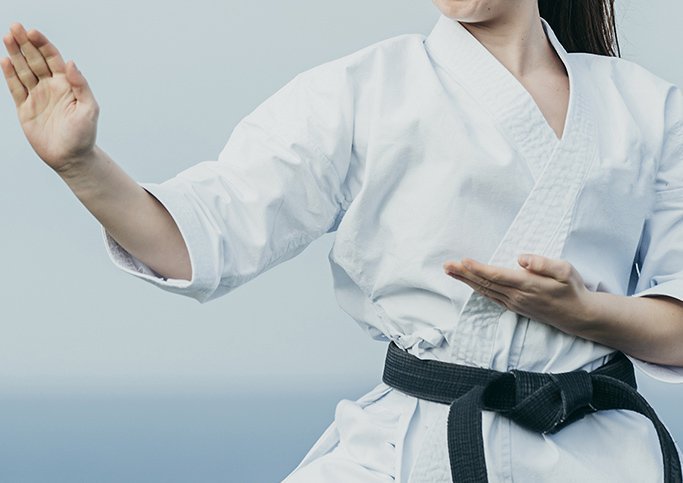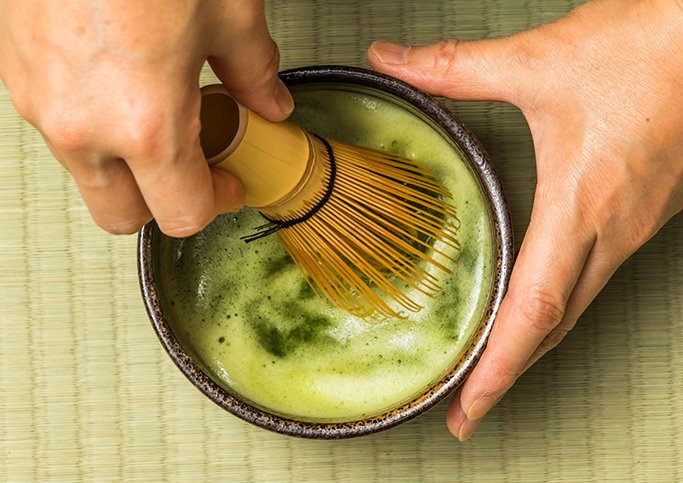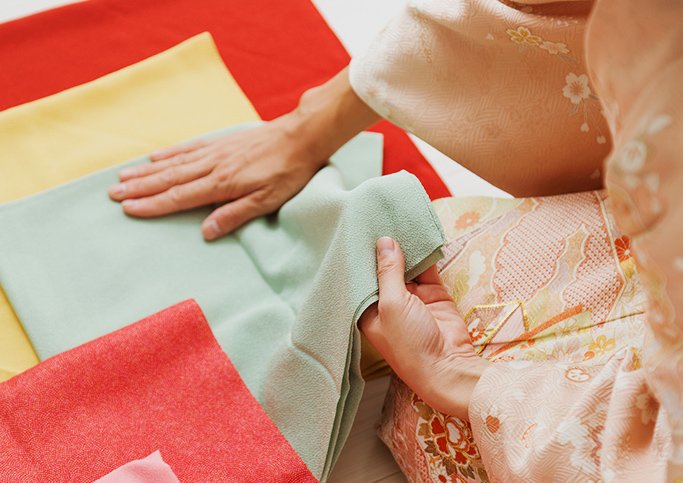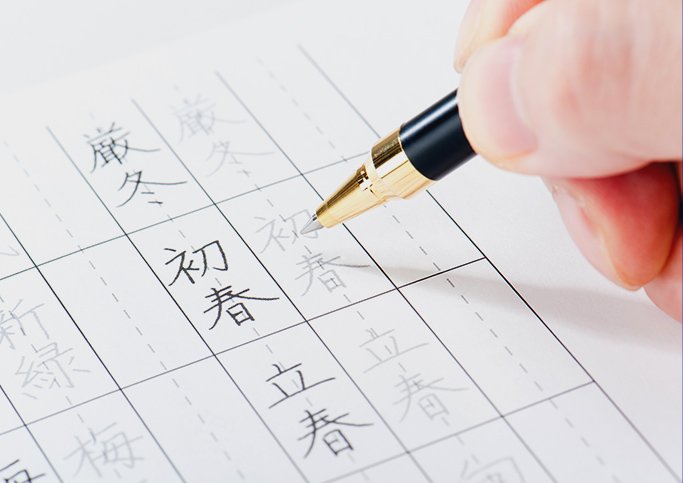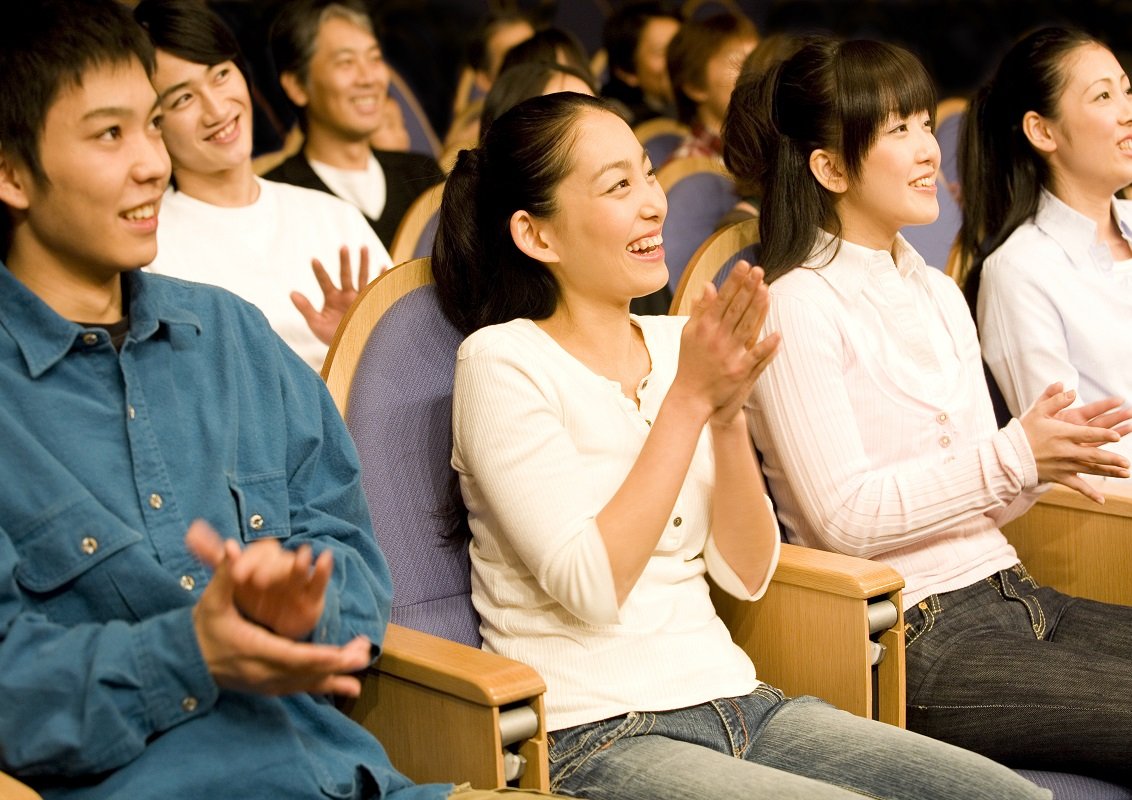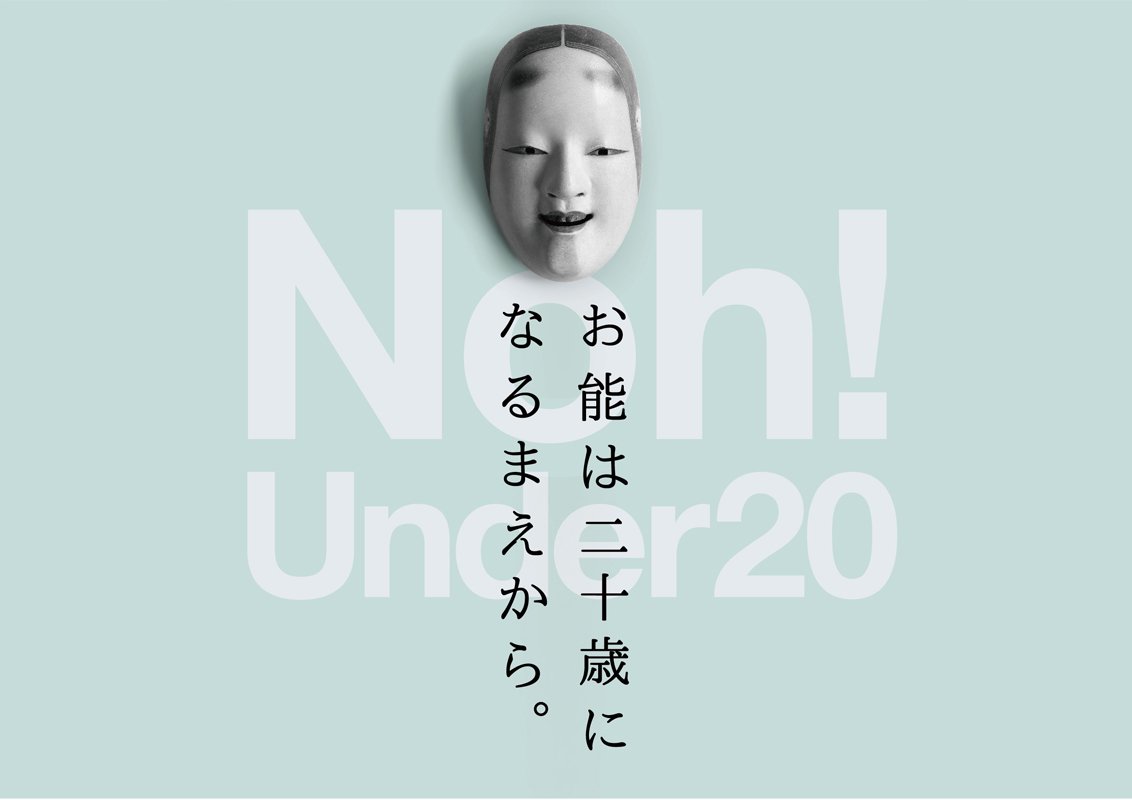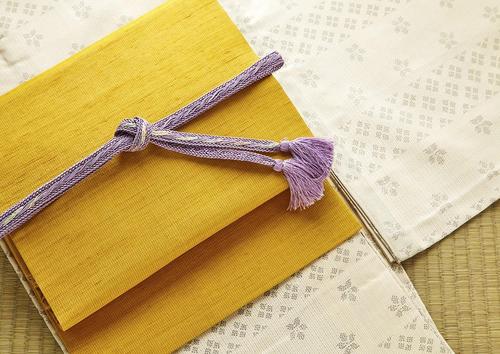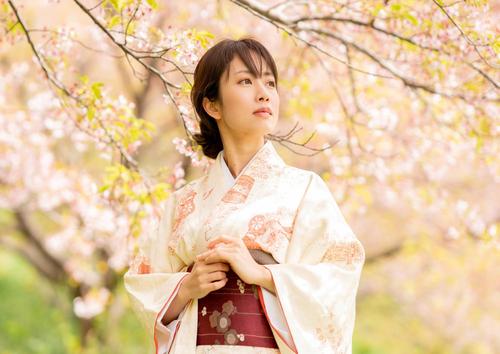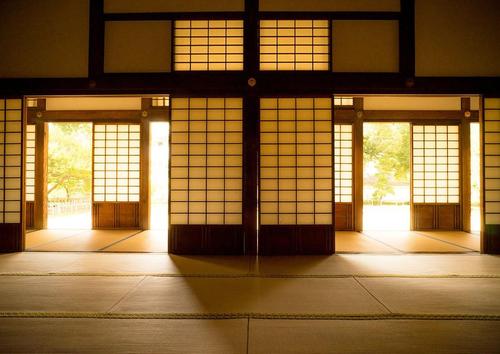
tatami
Speaking of typical Japanese culture, many people may think of "tatami".
Although modern homes have more flooring, it is true that many people say that tatami mats are relaxing.
In this article, we will introduce the history of tatami mats, Japanese culture, and the charm of tatami mats from the perspective of foreigners. Let's touch on the charm of tatami once again.
Japanese culture seen from the history of tatami
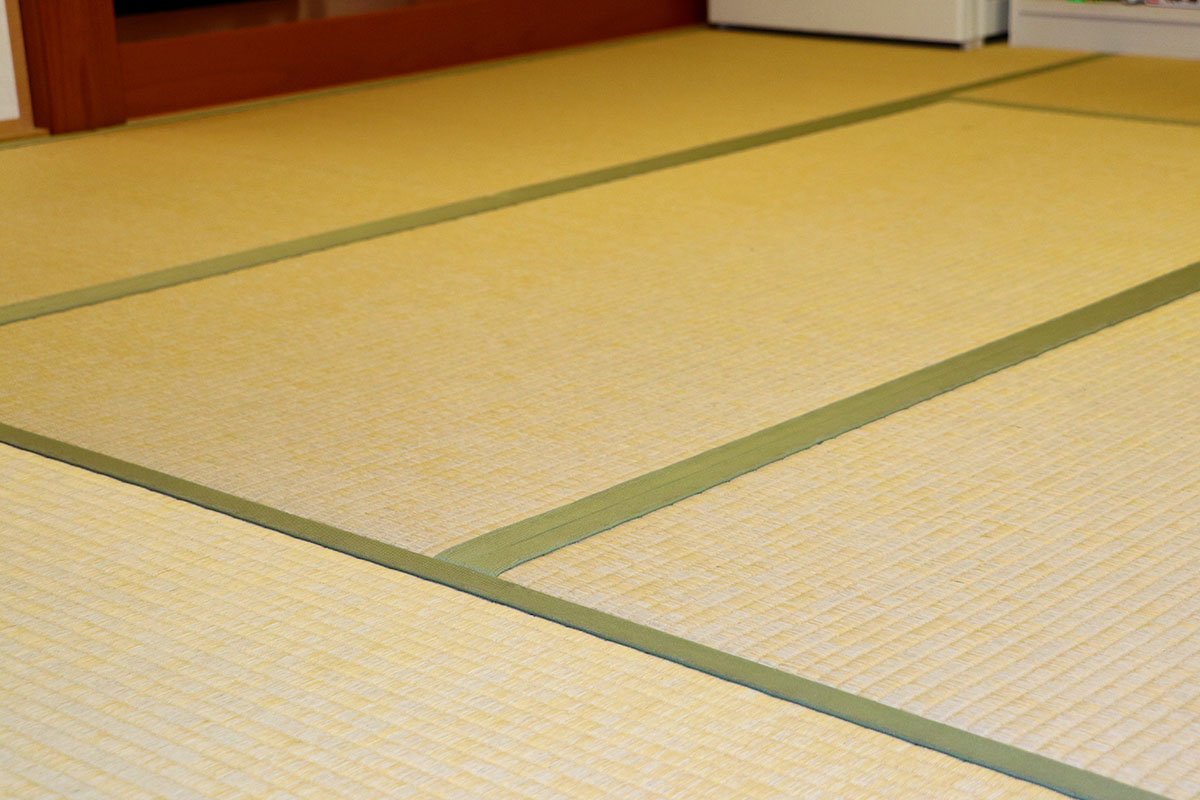
While many Japanese cultures have come from China, only tatami mats are unique to Japan. Let's look back on tatami, which has been a symbol of Japanese culture until today, along with the history of Japan.
Tatami has been around since the Heian period
Rug like tatami mats are mentioned in Kojiki, but it is said that tatami mats have been shaped like they are now since the Heian period.
However, it seems that it was not used to lay it all over the room as it is now, but to put it on a board as bedding.
At that time, tatami mats had different thicknesses and helicopter patterns depending on the status of the user, so not everyone used them as they do today.
Kamakura Period
In the Kamakura period, it finally became a style that spreads throughout the room. It was Ginkakuji that began to advocate this style, and it was triggered by the fact that the building was built by Shoin.
Of course, tatami mats were a luxury item at this time as well, so only the emperor and high-ranking aristocrats lived on tatami mats.
By the way, there are various patterns on the edge of the tatami mat, which represent the rank of the aristocrat, so it was legal to step on the edge.
This manner remains in modern times, and it is taboo to step on the edge of tatami mats.
[If you read the article, may you know the meaning of this KARUTA? ]
Azuchi-Momoyama
Since the Azuchi-Momoyama period, the tea ceremony has developed, and tatami mats have begun to spread to the general public.
It was also during this period that the way tatami mats were laid changed depending on the position of the furnace.
Edo Period
It was from the Edo period that tatami mats became commonplace in earnest.
It is said that Sen no Rikyu spread tatami mats to the common people along with the culture of the tea ceremony.
The tea ceremony culture spread by Sen no Rikyu has spread the culture of laying tatami mats throughout the room to the common people. The "tea room" where the tea ceremony is held was the only space where the status of farmers, samurai, and aristocrats could be equalized.
And the tatami mats were very useful by the townspeople of Edo, and wisdom for long-term use was created. Until now, tatami mats were made from the wild, but from the Edo period, rush cultivation began in earnest, and in the latter half of the Edo period, "tatami mat shops" and "tatami craftsmen" were born.
Showa
In the Showa era, people's lives will change to Western style, partly due to the influence of high economic growth. The lifestyle of sitting in a Japanese-style room has changed to that of sitting on a chair or sofa.
Even under such changes, there was always a Japanese-style room in my house.
present day
With the spread of flooring in modern times, the number of Japanese-style rooms with tatami mats has decreased.
The number of people who do not make Japanese-style rooms in their homes has increased because it is difficult to maintain tatami mats, they need accessories such as shoji screens, and it is expensive to install Japanese-style rooms.
However, recently, tatami mats that are easy to maintain using chemical materials and tatami mats that can be placed simply have begun to be made according to changes in our lives, and the popularity of tatami mats is regaining.
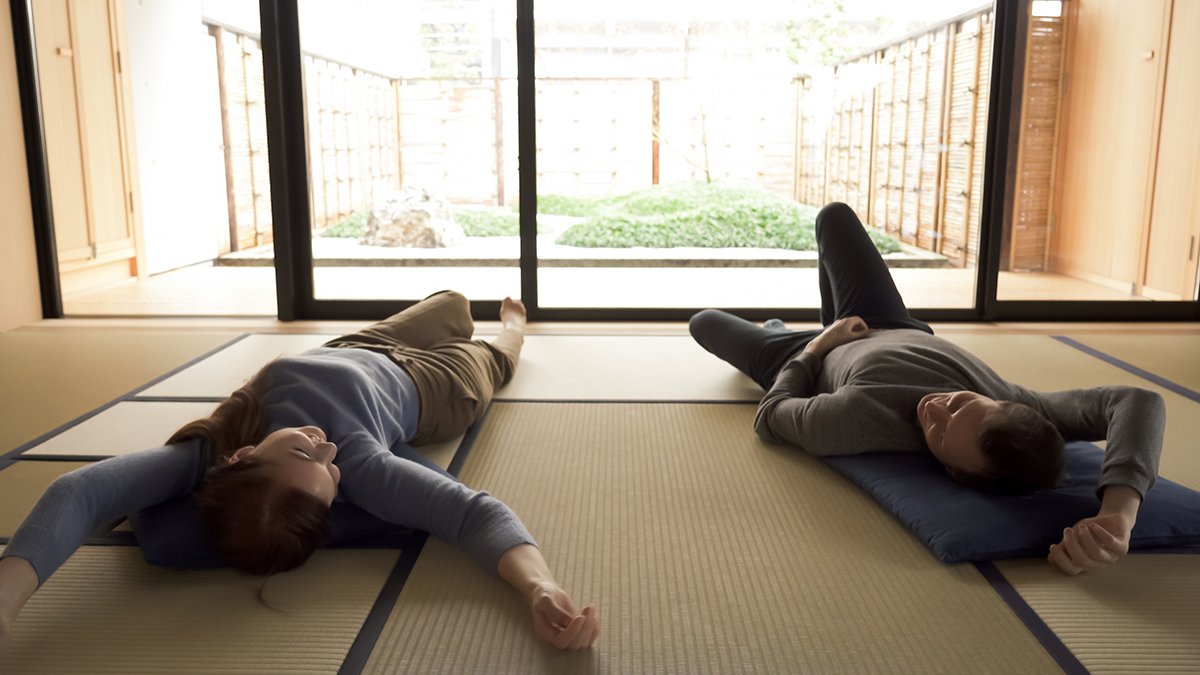
What is the appeal of tatami mats and foreigners who have increased their overseas exports?
Recently, tatami mats are very popular from overseas. What is the appeal of tatami mats from the perspective of foreigners?
Here are some reasons why tatami mats are so popular overseas.
Japanese-style rooms are popular with foreigners living in Japan
Japanese-style rooms are becoming popular with foreigners living in Japan. For foreigners who are interested in Japanese culture and live in Japan, the Japanese-style room is one of the elements that makes them feel Japan.
Even if you are not Japanese, you may be attracted to the charm of tatami mats, such as "I like the smell" and "calm down".
In foreign countries, houses that incorporate Japanese-style rooms are also being built.
Building a house that incorporates Japanese culture is becoming popular overseas.
By incorporating Japanese culture such as tatami mats and shoji screens into the interior, we are creating a more relaxing space.
Overseas, homes are built with free ideas, such as placing beds on tatami mats and placing tatami mats and floor beds on flooring.
It seems that the secret of its popularity is that it can change the culture from ancient Japan in a stylish way.
[Do you care about Japan? Would you like to learn Japanese together? ]
List foreign dimensions on site for foreign orders
As the number of tatami orders from overseas is increasing, the number of Japanese tatami stores that list foreign dimensions on the site is increasing. Since the dimensions of the house change between Japan and overseas, it was difficult to order some parts, but due to the popularity of tatami mats in recent years, it has been devised to make it easier to order from overseas as well.
There are various orderers, such as Japanese living overseas and foreigners who want to incorporate Japanese culture. The ratio of tatami mats shipped overseas is steadily increasing, and some stores account for 40%.
Summary
In this article, we introduced the history and Japanese culture of tatami mats, which are becoming more popular from overseas, and the appeal of tatami mats from the perspective of foreigners.
Recently, tatami mats are receiving more and more orders not only from Japanese living overseas but also from foreigners who want to incorporate them into their interiors.
The popularity of tatami mats in Japan, which had been declining until now, has been revived, and relaxing with tatami mats is the secret to its popularity both in Japan and overseas.
Why don't you take this opportunity to reconfirm the charm of tatami mats.
This article is a partial re-edit of the article published in Nihongo Biyori by KARUTA.
Unauthorized reproduction or use of the contents, text, images, illustrations, etc. of this site is strictly prohibited.
CATEGORIES
FEATURED TAGS
RECOMMENDATION
-
 報BUSINESS TERMS
報BUSINESS TERMSWhat is ”Ho-Ren-So”, one of the basic manners when working in Japan?
10/30/2020
-
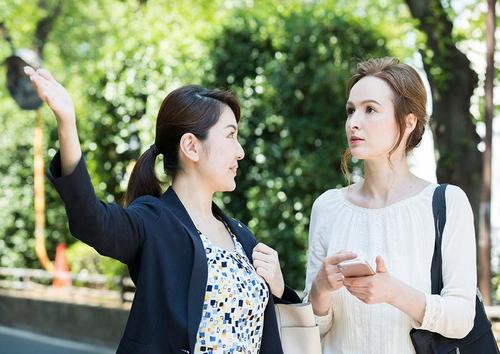 伝WORDS & GRAMMAR
伝WORDS & GRAMMARWhat is easy Japanese?
10/30/2020
-
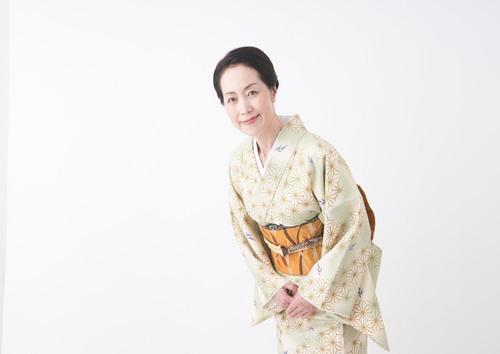 礼MANNERS
礼MANNERSJapanese greeting customs and origins. What are the greetings from other countries?
10/30/2020
-
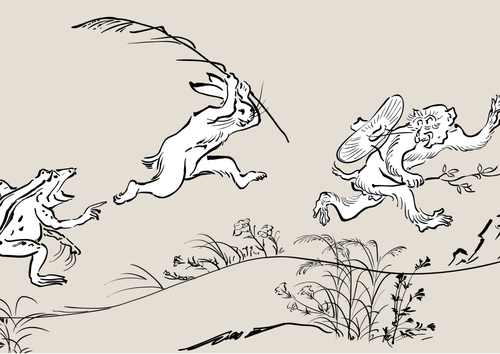 戯COMIC & GAME
戯COMIC & GAMEThe roots of animation and manga? Introducing bird and beast caricatures
10/30/2020
-
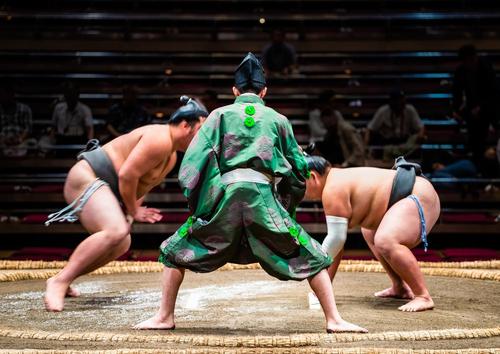 戦SPORTS
戦SPORTSThe history of sumo goes back to the mythical world! ?? Transition from myth to modern times
10/30/2020
LET’S PLAY
KARUTA!
Do you know the meaning of this...
NEXT...
FURTHER EXPLORATION
INTERESTED
IN JAPAN?
WHY DON’T YOU
LEARN JAPANESE WITH US?
START LEARNING
JAPANESE
WITH HUMAN ACADEMY!
ONE OF
THE MOST POPULAR
JAPANESE
LANGUAGE SCHOOLS
JAPANESE
LANGUAGE SCHOOL
OFFERING EXCELLENT
DETAILED LESSONS

ONLINE SCHOOL
- Learn with your classmates from all over the world
- Variety of Courses for All Needs
- FREE Trial Lesson available

TOKYO, OSAKA
- Offer the Best Curriculum for You
- Make New Japanese Learning Friends
- Many Opportunities to Practice Japanese
MAKE FURTHER
STEPS
WITH HUMAN ACADEMY!
ONE OF
THE MOST POPULAR
JAPANESE
LANGUAGE SCHOOLS
JAPANESE
LANGUAGE SCHOOL
PRODUCING MANY
JLPT N1 CERTIFIED
STUDENTS!

ONLINE SCHOOL
- Learn with your classmates from all over the world
- Variety of Courses for All Needs
- FREE Trial Lesson available

TOKYO, OSAKA
- Support Your Higher Goal of Japanese Learning
- Perfect Environment for Japanese Learners
- Learn with Your New Japanese Study Mates




